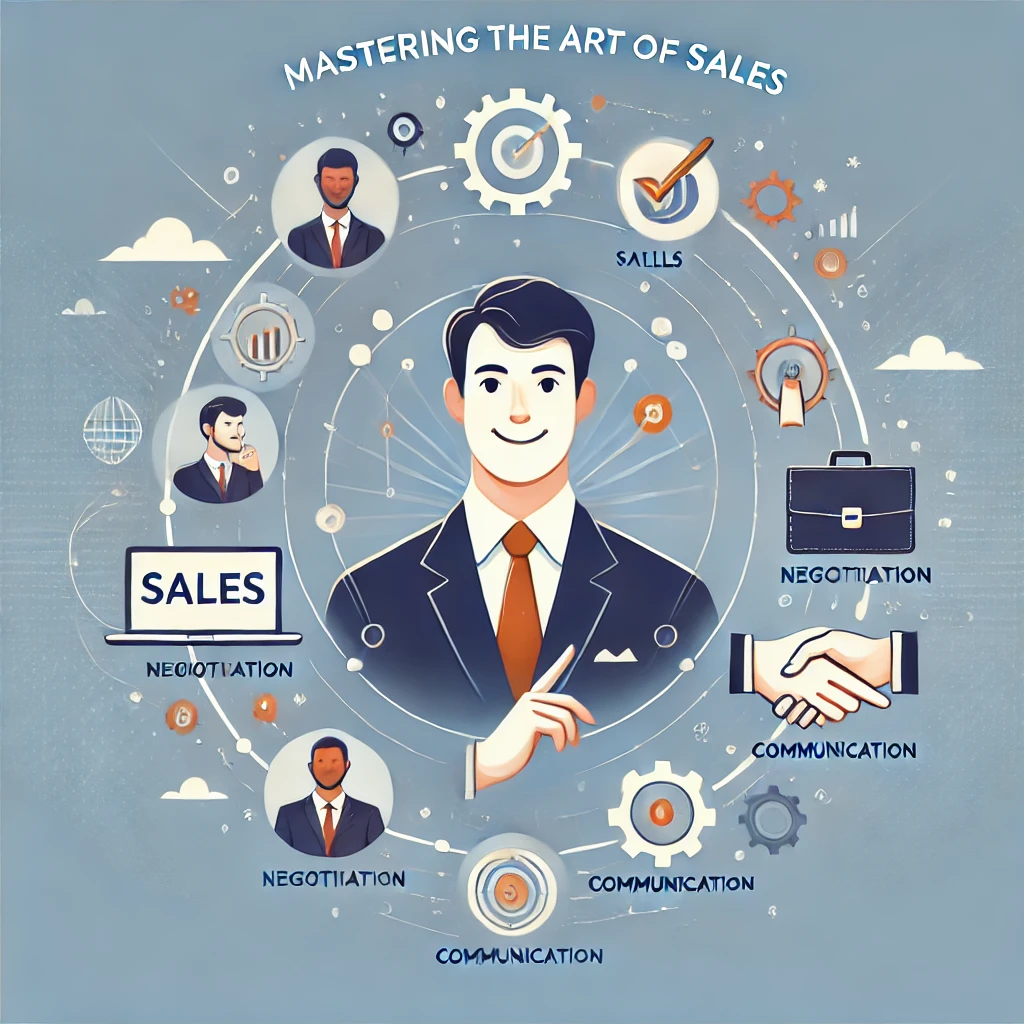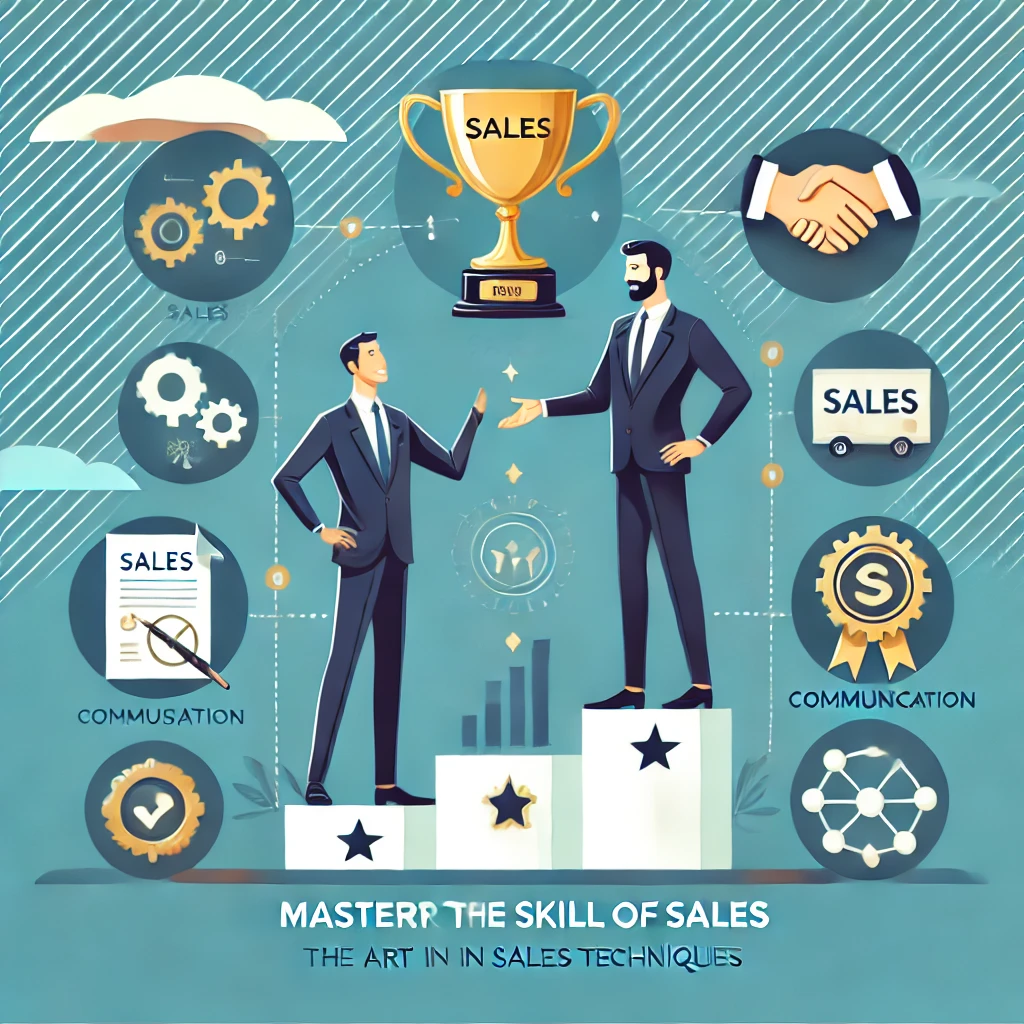
In the ever-evolving world of business, sales remain the cornerstone of success. Whether you’re in retail, tech, or services, increasing sales is vital for growth and profitability. However, in a competitive market, it’s no longer enough to simply offer a great product or service. To truly succeed, you need to develop and execute a smart, customer-focused sales strategy.
Why Sales Matter
Sales aren’t just about transactions; they are the foundation of a thriving business. Sales enable companies to generate revenue, expand their customer base, and fund innovation. Beyond the financial aspect, sales also serve as a feedback loop. Interacting with customers provides valuable insights into market demand, product features, and opportunities for improvement.
When executed effectively, sales can elevate your brand reputation, create customer loyalty, and open doors to new markets.
Key Tips for Maximizing Sales Performance
Know Your Product Inside and Out
A salesperson’s ability to sell is directly tied to how well they understand the product or service they are offering. It’s essential to know every feature, benefit, and possible limitation of your offering. This in-depth knowledge enables you to confidently address customer queries, highlight the most relevant features, and explain how the product can solve specific problems.
Moreover, when you know your product intimately, you can differentiate it from competitors, offer tailored recommendations, and position it as the best choice in the market.
Identify and Understand Your Target Audience
One of the most important aspects of sales is understanding who you’re selling to. The more specific you can be about your ideal customer profile, the better you’ll be at targeting the right audience. Research customer pain points, behaviors, and preferences to develop a clear picture of their needs.
For instance, are you targeting individual consumers or businesses? Do they value price, convenience, quality, or innovation the most? The answers to these questions will help you create customized sales strategies that resonate with your target audience.
Personalize Your Approach
Gone are the days of one-size-fits-all sales pitches. Today’s customers expect personalized, relevant communication. A tailored approach makes customers feel understood and valued. Understand the challenges they face and position your solution accordingly.
For example, if a customer expresses interest in a particular feature of your product, highlight how that feature can directly benefit them. Showing that you’ve taken the time to understand their needs goes a long way in building trust and increasing the likelihood of closing the deal.
Master the Art of Active Listening
Sales conversations shouldn’t be about talking at the customer. They should be a two-way dialogue where you actively listen to your customer’s needs and concerns. Active listening means paying attention to both what the customer is saying and how they’re saying it.
By engaging in meaningful conversations, asking open-ended questions, and showing empathy, you can uncover valuable information that can help guide your sales pitch. Moreover, active listening fosters a sense of trust, making it more likely that the customer will feel comfortable making a purchase.
Build Relationships, Not Just Sales
Sales should never be viewed as a one-time transaction. Instead, think of it as the beginning of a long-term relationship with your customer. Establishing a strong rapport and maintaining consistent communication after the sale is key to building loyalty.
Follow up with customers after the purchase to ensure they’re satisfied with the product or service. If there are issues, address them promptly.
Leverage Social Proof and Testimonials
People are more likely to buy from you if others have had positive experiences with your product or service. Social proof, such as customer testimonials, reviews, and case studies, can go a long way in influencing purchasing decisions.
Incorporate testimonials and success stories into your sales presentations or website to showcase the positive outcomes customers have experienced. When potential customers see that others have benefited from your offering, it builds credibility and trust, making them more inclined to take action.
Create a Sense of Urgency
While you don’t want to pressure customers into buying, creating a sense of urgency can help move the sales process along. Offering limited-time discounts, special promotions, or time-sensitive bonuses can encourage customers to make quicker decisions.
However, it’s important to strike the right balance. Don’t push too hard or make false claims about product availability. Instead, use urgency as an opportunity to emphasize the value and benefits that customers will miss out on if they wait too long.
Overcome Objections with Confidence
Objections are a natural part of the sales process, and it’s essential to be prepared for them. Whether it’s concerns about price, timing, or product fit, customers will often express hesitation before making a final decision. The key to overcoming objections is addressing them with confidence and offering solutions.
Conclusion
Maximizing sales performance is a continuous process that involves understanding your customers, refining your strategies, and improving your skills. By focusing on building relationships, personalizing your approach, and leveraging key sales techniques, you can increase conversions and drive business growth. Remember, sales are not just about closing a deal; they’re about creating value and trust. When you focus on serving your customers’ needs and solving their problems, sales success will follow.



